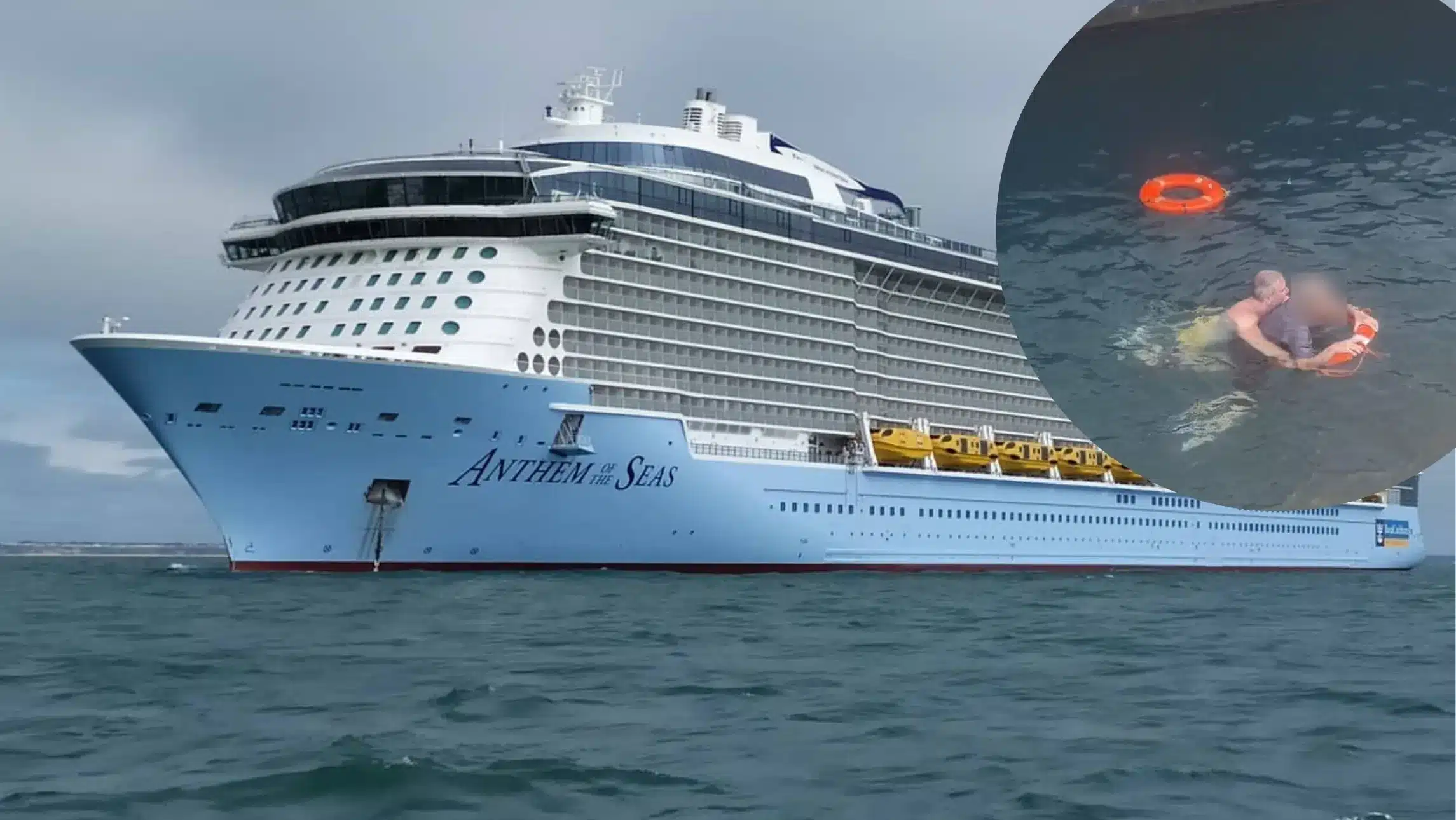A South Australian passenger airlifted from a cruise ship after suffering multiple heart attacks was issued with a $29,092 rescue and medical bill.
And even though he had travel insurance bought through the Australian Central Credit Union, an Australian Financial Complaints Authority (AFCA) review has upheld a payout of just $4,000.
The man, who cannot be identified, suffered the heart attacks in 2018 on a cruise from Adelaide to Hobart.
According to documents from AFCA, the insurer knew he was vulnerable and the route he was taking. They also knew he was seeking comprehensive insurance.
English was a second language to the man who was seeking coverage for himself and his wife, who has been fitted with a pacemaker.
After an unsuccessful phone conversation, he visited a branch and handed over a copy of his cruise information which clearly stated: “It is a requirement that you hold fully comprehensive travel insurance cover at the time of full payment that is valid for the entire duration of your cruise and provides health cover for pre-existing conditions and the cost of medical reparations”.
The man complained the bank misled him into purchasing a policy that did not suit his needs.
The AFCA resolution maintained the policy should not have been sold to someone seeking comprehensive coverage.
“I am satisfied the bank misled the complainant to believe that he would be covered for Medicare benefits for medical expenses incurred whilst in Australian waters. The policy did not cover medical expenses incurred in Australian waters”, said AFCA.
But that didn’t mean the man would get all of his claim.
The determination ruled partly in his favour and ordered the bank to pay a total of $4087.81, covering both medical costs accrued at sea and an unusual degree of inconvenience and stress to a total of $1000.
AFCA said: “As the other medical expenses were incurred in Australia such costs have not been covered under a travel insurance policy”.
This leaves the 69-year-old $25,004,19 out of pocket due to the misleading insurance sale.
“If the complainant had overseas international cover, the policy would likely have extended to cover the expenses incurred,” AFCA said.









And there it go again .Those rats of insurance companies they promise you all but don’t give you fuck when it comes to the crunch .When are governments finally wake up and give that filthy industry a big shake up
Wow, this is outrageously unfair. Shame on the ACCU and the AFCA. I will steer clear of the ACCU. As for the AFCA, what a waste of tax payers money. These so-called authorities always seem to find in favour of the big corporations, not the people they are meant to protect.